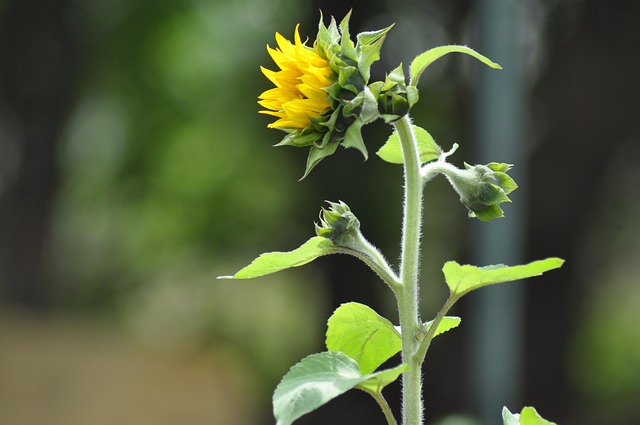In an age where urban sprawl threatens the delicate balance of our ecosystems, the concept of a community garden emerges as a beacon of hope. Community gardens not only provide fresh produce but also play a crucial role in habitat restoration, benefiting both nature and the community at large. These green spaces foster a connection between individuals and the environment, encouraging residents to cultivate their knowledge of eco-friendly practices while promoting biodiversity.
As we seek to create a greener tomorrow, participating in a community garden can transform sterile landscapes into vibrant habitats. These shared plots host a variety of native plants, which in turn attract pollinators such as bees and butterflies, vital for the health of our ecosystem. By planting species that are native to the region, gardeners can provide food and shelter for local wildlife, promoting a rich tapestry of life within urban settings.
Gardening itself is an act of nurturing, bridging the gap between people and nature. It allows individuals to engage in mindful practices as they sow seeds and watch plants flourish. Community gardens also cultivate a sense of belonging and pride, fostering relationships among neighbors united by a common goal: the desire to restore the land and grow sustainable food sources. Together, communities can learn sustainable techniques, share resources, and exchange knowledge, creating a collective sense of stewardship for the environment.
Furthermore, these gardens promote healthy lifestyles. Access to fresh fruits and vegetables can combat the prevalence of fast food in urban areas, enhancing the nutritional intake of community members. Not only do they serve as a source of food, but they also provide outdoor space for relaxation and stress relief. The act of gardening itself can be therapeutic—it allows individuals to disconnect from the hustle and bustle of daily life and immerse themselves in the tranquility of nature.
The eco-conscious movement is gaining momentum, and community gardens embody this ethos beautifully. Implementing practices like composting and organic gardening methods further contributes to soil health and reduces waste. Community members learn to embrace sustainability, incorporating green practices into their daily lives and inspiring others to do the same. This grassroots effort fosters a culture of environmental responsibility and awareness.
Moreover, the significance of community gardens extends beyond their immediate physical environment. These projects can serve as educational platforms, where schools and local organizations engage in workshops and learning sessions about ecology, sustainability, and the importance of preserving our natural resources. The lessons learned in these gardens pave the way for the next generation to become advocates for the environment.
In conclusion, community gardens are not merely patches of green in our cities—they are vital ecosystems that have the power to transform neighborhoods, restore environments, and unite people in their pursuit of a greener future. Each garden represents a step toward revitalizing our planet, making an invaluable contribution to habitat restoration, and helping ensure a sustainable tomorrow for all. So, roll up your sleeves, dig in, and let’s nurture our communities and our planet together!




